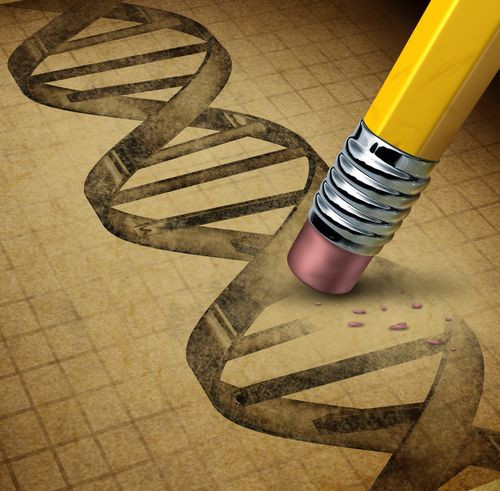Autism Gene Discovery Could Lead To New Drugs; Mutation Inhibits Cognitive Function

A genetic discovery announced Thursday may lead to new ways to treat autism, intellectual disability and even seizures.
Researchers discovered that the mutation of a single gene may lead to both disorders by inhibiting the performance of neurons. "We hope that in the future, by fully understanding how this gene affects signaling in the brain, we may be able to identify drugs to restore the normal signaling balance in neurons and improve cognitive and social function in patients," lead author M. Chiara Manzini said in a news release. The study appears in the journal Cell Reports.
Here's how it works. A segment of DNA called CC2D1A is responsible for regulating the production of a protein in brain cells called NF-kappaB, which is "necessary for the survival and function of neurons," according to the summary of the findings. Too much NF-kappaB activity, however, can be very bad for brain development.
The Boston Children's Hospital and Harvard Medical School scientists who published this study were interested in what happens when that gene gets — to borrow the medical phrase — messed up. They examined the DNA of four families affected by developmental and intellectual disabilities, 16 individuals in all. With additional help from some lab mice, they found that mutation of CC2D1A limited the gene's expression, disrupting the regulation of that protein and causing cognitive disarray.
"A neuron must perform a very complex balancing act to respond to signals from other cells, and we found that CC2D1A is a key component in controlling this balance," senior author Christopher Walsh says. Perhaps the most interesting part of these findings is the common genetic source of three different health problems.
Now, Manzini says, "we can explore how these disorders originate and where they overlap." Finding out why some people have autism and others intellectual disability (or both) could offer clues about the underlying cause. With luck and more research, new drugs could promote CC2D1A expression and reduce the impact of mutation.
Source: Manzini MC et al. CC2D1A Regulates Human Intellectual and Social Function as well as NF-kB Signaling Homeostasis. Cell Reports. 2014.



























